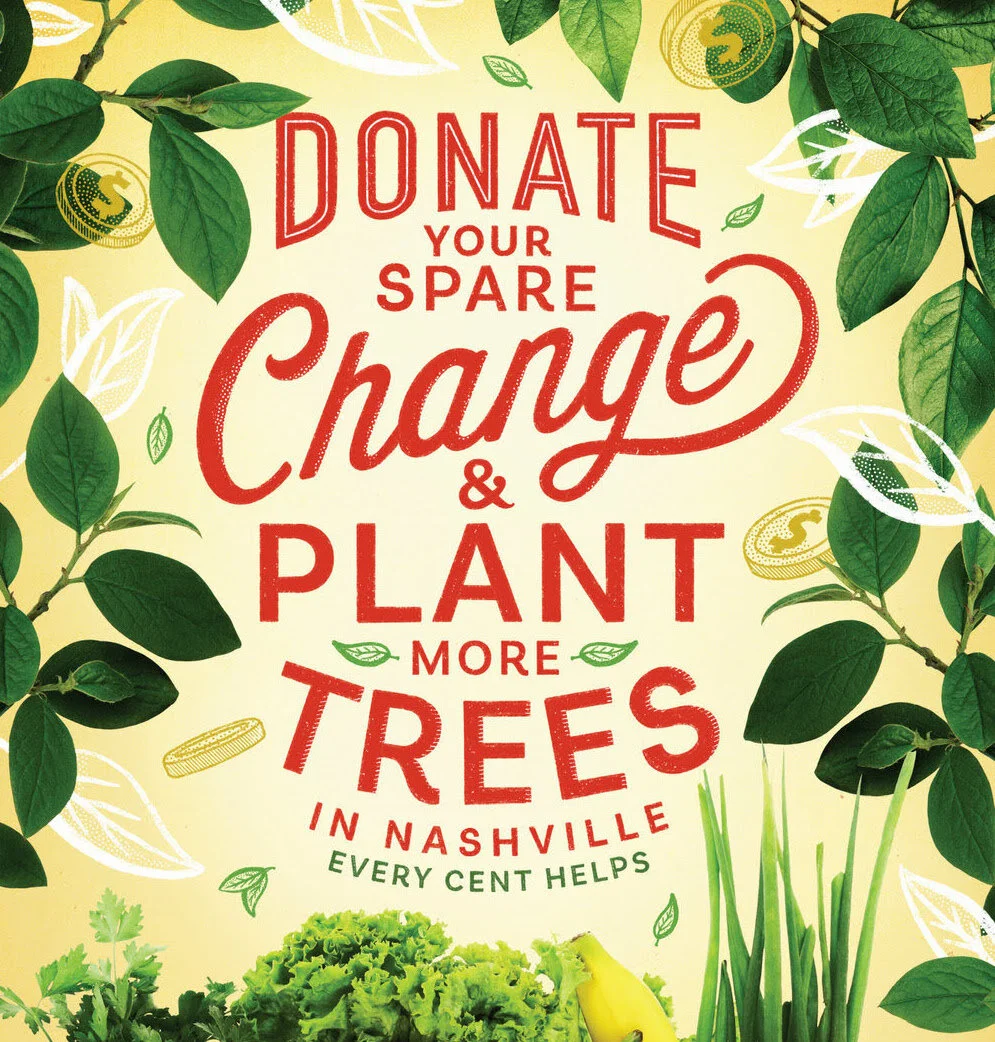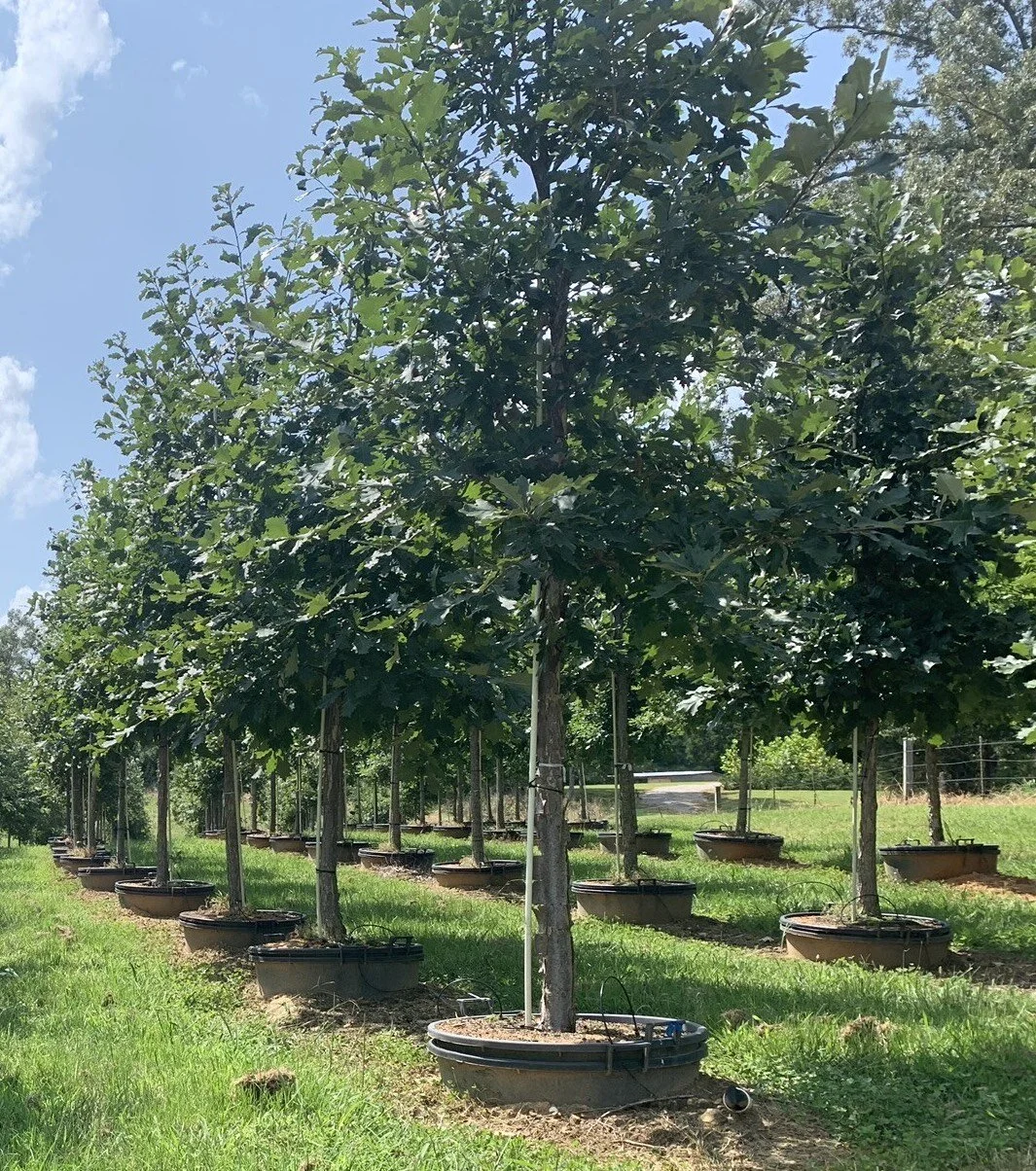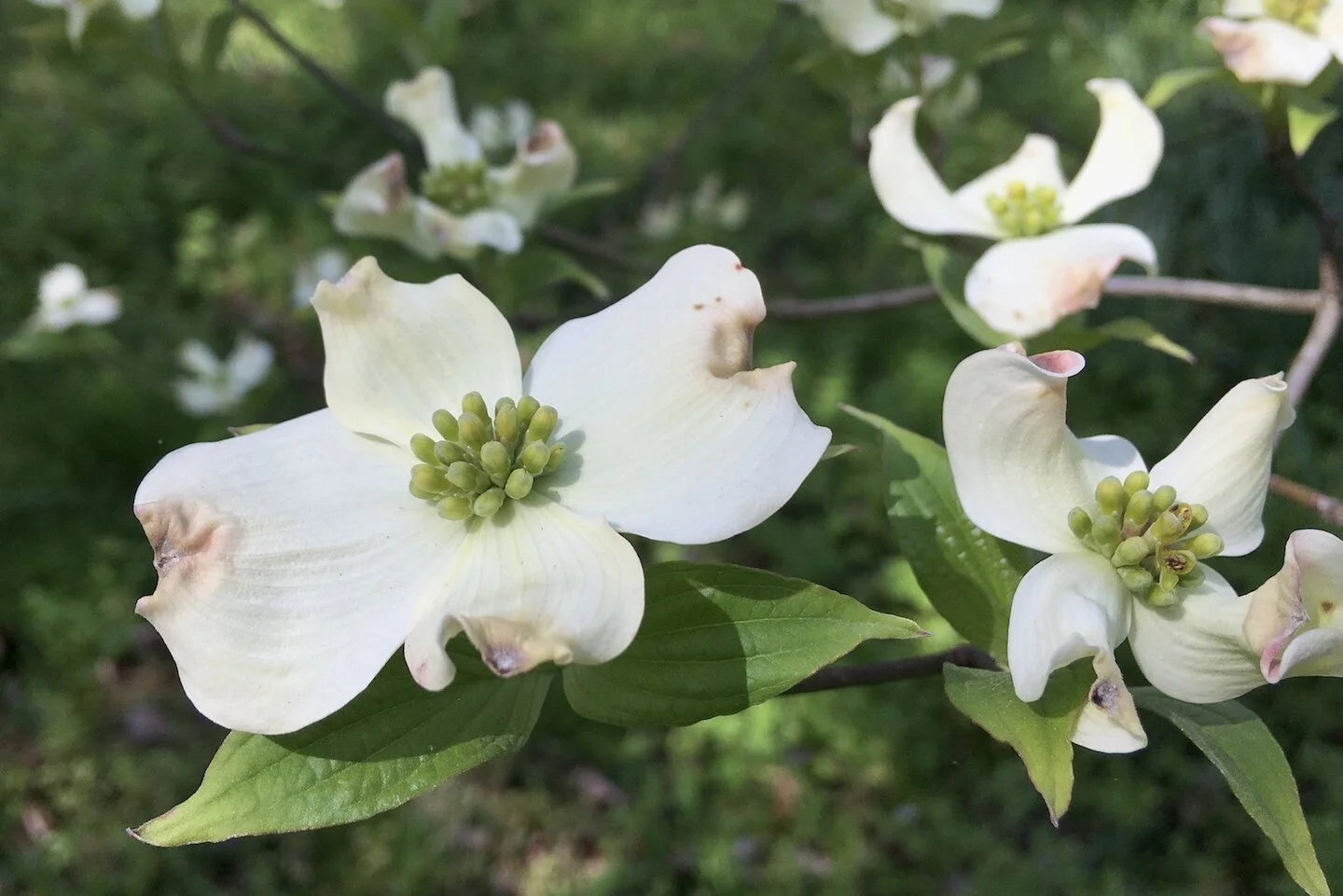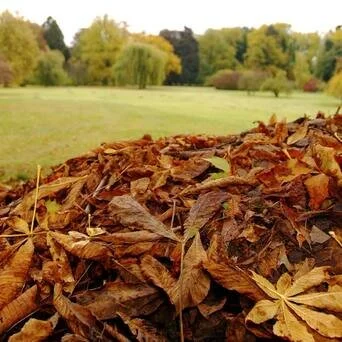Turnip Truck, a locally owned natural foods grocer, is partnering with the Nashville Tree Conservation Corps to help replace trees lost in the March tornado.
Read MoreThe Davidson County Sheriff’s Office has a horticulture vocational program for offenders that has been helpful in caring for and distributing saplings for community planting.
Read MoreIn a year that brought a powerful tornado, a derecho that downed hundreds of trees and a devastating pandemic, we’re here to celebrate all the good things that happened for Nashville trees in 2020.
Read MoreVeterans and volunteers joined the effort to transform Shelby Avenue into a beautiful tree-lined corridor. When complete, the 2.5 mile arboretum, stretching from the interstate to Shelby Park, will be one of the longest arboretums in the state, lined with more than 500 new trees.
Read MoreThe Historic & Specimen Trees Program registers and recognizes trees in Davidson County as important to the area and community.
Read MoreGinkgos are long-lived, sturdy trees whose fascinating history explains why they are such a great tree to contribute to a city’s canopy.
Read MorePlanting a native tree creates habitat for birds, bees and butterflies and helps to build a healthy ecosystem.
Read MoreRemoving trees from sloping land creates dangers from erosion and landslides, so standards that regulate clearcutting in development can help make Nashville a safer place
Read MoreResearch on woodland clearcutting legislation in other cities in Tennessee and beyond provides Nashville with a model for evidence-based ordinances.
Read MoreHomeowners can use Fall leaves to build their soil and maintain the health of their trees, yards and gardens.
Read MoreThe Metro area is losing canopy cover from total branch removal on individual trees, which can be stopped if homeowners understood the damage being done.
Read MoreWhen planting a tree, roots should be kept near the surface level of the ground so they can get enough air, water, and topsoil nutrients during early stages of growth.
Read MorePiling mulch high around a sapling rather than spreading it out evenly can damage a tree’s root development. If it survives, it may be weaker and more hazardous than healthy trees.
Read MoreDamage to a tree’s bark or roots from lawncare equipment can have severe effects on the tree’s health, especially its ability to transport water throughout the tree.
Read MoreWhen planting trees, choosing them based on their characteristics and future growth patterns helps make the urban forest strong and safe for residents.
Read MoreThe Tree Diaper is an irrigation device that fits around the bottom of trees and slowly releases stored water, making landscaping easier through passive design.
Read MoreA September show and sale of paintings of local trees will benefit the Nashville Tree Conservation Corps.
Read MoreTennessee Nursery Hale & Hines donated 1,500 trees to the city of Nashville following storms that damaged a large number of the city’s trees
Read MoreBL2020-288 becomes law on July 22, 2020. Starting on August 3rd, 2020, street tree requirements will be expanded to multi-family and commercial zoned properties in areas designated as “Centers” in the NashvilleNext plan.
Read MoreThe tornado cut not only deep into our neighborhood’s tree canopy, it also cut deep into our soul. Diane Sesler, Board Member of NTCC, shares her thoughts about how we are connected with trees in our community.
Read More



















